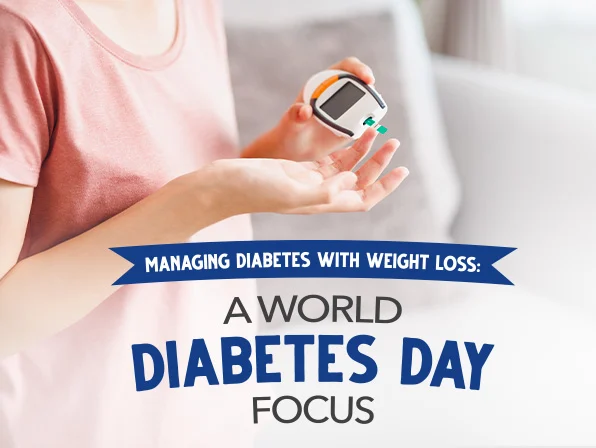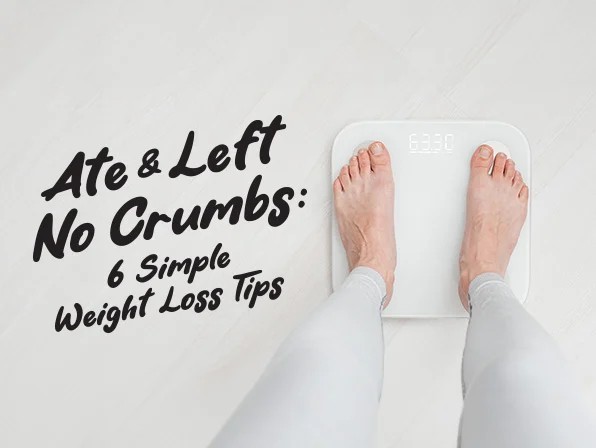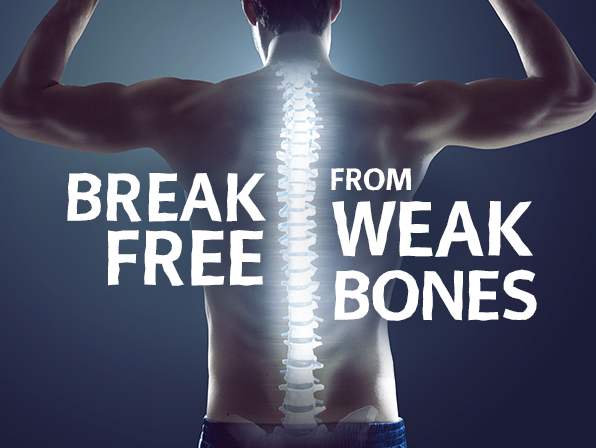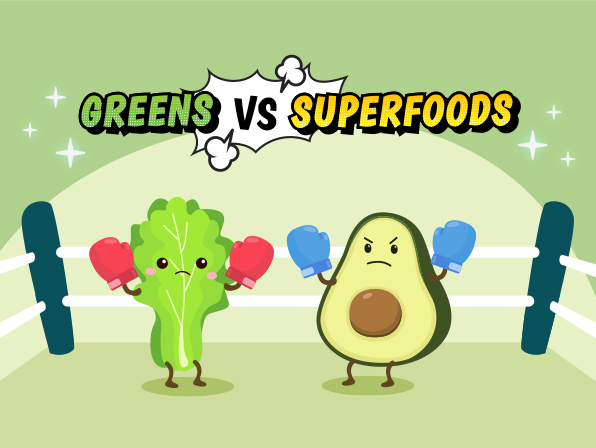CoQ10 (Coenzyme Q-10)
Type: Antioxidant
Coenzyme Q10, also known as CoQ10 or ubiquinone, is a fat-soluble, vitamin-like compound that is part of the antioxidant family. It is important for energy production as it helps generate energy in the cells, and acts as an antioxidant to curb free radical damage. The highest concentration of CoQ10 can be found in the heart, kidneys, lung and liver.
It is primarily found in the mitochondria, which are the cellular "power houses" that produces energy in every cell in our body. It plays a key role in the electron transport chain by transferring electrons generated from the reduction of fatty acids to electrons. Consequently, using CoQ10 to correct a deficiency state produces an overall rejuvenating effect.
Apart from the important energy production process, Coenzyme Q10 also stabilises cell membranes and acts as an antioxidant. Free radicals form at the cellular level as a natural part of oxygen metabolism. However, free radicals are dangerous because they destroy cells, interfere with enzyme process and damage our DNA cell structure. Free radicals, when interacted with low density lipoprotein (LDL), also cause plaque formation in the arteries, and greater risk of cardiovascular problems. Lifestyles subjected to much junk food, alcohol, tobacco, smoke, air pollution, radiation, frequent infections, stress and even intense strenuous exercise can all result in excessive free radical production. CoQ10 has the capacity to protect the cells against free radicals while maintaining their required oxygen levels.
The presence of CoQ10 also inhibits the interaction of lipids (fatty acids) with oxygen. Fatty acids are found in the cell membranes and blood. Oxidised fat in membranes causes cell to lose their fluidity, resulting in poor tissue health, e.g. wrinkled skin and poor vascular strength.
Numerous studies have shown that CoQ10 is an indisputable heart health supplement. Reports indicate substantial benefits derived for a wide variety of cardiovascular concerns. CoQ10 is most abundantly found in the heart muscle and, therefore, deficiencies are common in most cardiovascular cases.
Other possible benefits of CoQ10 include maintenance of healthy blood sugar level, cholesterol profile, physical stamina, muscle function and gum condition.
Coenzyme Q10 can be found in food. Meats and coldwater fish, especially mackerel, salmon, tuna and sardines, are particularly high in CoQ10. Bran, peanuts, dark green vegetables and soybeans are all rich food sources of CoQ10.
Our body produces CoQ10 but the production amount decreases with age, individuals with heart disease, use of some medications (e.g. blood cholesterol lowering) etc. With low levels of CoQ10 in the body, one may feel more tired easily.
Stay Inspired with Health Trends

8 Tips For Building Mental Resilience In Your Child

7 Amazing Facts About Women

How Burned Out Are You?

Dozing off at Work? 😴

Managing Diabetes with Weight Loss: A World Diabetes Day Focus

Ate And Left No Crumbs: 6 Simple Weight Loss Tips

Break Free from Weak Bones

Small Bite, Big Threat: Fight Dengue with Confidence

Count Celebrations, Not Calories This Mid-Autumn Festival!

From Fat Burning to Detox: 5 Benefits of Apple Cider Vinegar

Cracking The Food Coma Code

Keep Cool and Carry On!
In Singapore, the National Climate Change study predicts that the daily average temperature may rise to a sweltering 36.7 Degrees Celsius by the end of the century1

Give Your Brain A Good Headstart!

Greens Vs Superfoods

How Much Is Too Much Salt?

Maximise Your Workout

FREE RADICALS – YOUR INVISIBLE ENEMY
